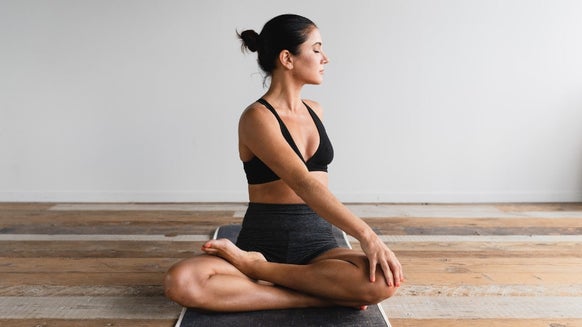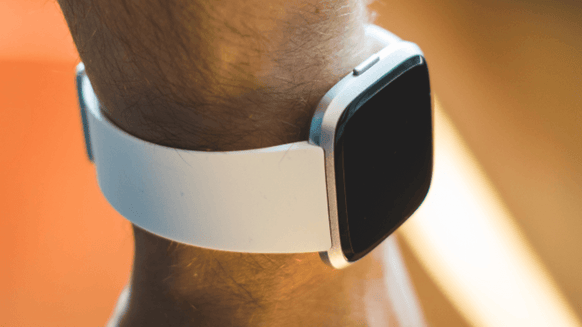Is Running Really Good For You?

With the rise of runners out on the streets and trails, those completing the couch to 5k program, and the growing interest in Park Runs and other supportive running groups, you may be questioning what all the fuss is about and how good it really is for you.
As keen runners ourselves, we were eager to know the answer too. To put a stop to all of our ponderings and ‘what if’s’, we’ve shared our findings to help ease your mind and answer that burning question.

The P ositives of R unning
Although we know it's good practice to look at both sides of the story, we're big fans of focusing on the positives, and running has a lot of them. Here's 5 huge positives we've found of running.
1. Cardiovascular fitness
The number one reason that many take up this physical activity is to improve their cardiovascular fitness, and it’s true that running does improve your heart health.
2. Burns energy
3. Strengthens your joints
We know that there’s plenty of talk around the subject of injuries and their prevention, particularly when it comes to running. Did you know that running actually strengthens your joints and bones, provided you’re equipped with well-fitted trainers that have sufficient support for shock-absorption?
It’s important that runners new to the sport increase their mileage and running activity gradually each week as injuries are more likely to occur when you put your body under too much stress too soon. But steadily increasing your runs with a good pair of trainers on foot can hugely improve your joint health.
4. Works your lower body
This one is a given. If you’re looking for a lower body workout that combines cardio, look no further than running - if you haven’t run up a hill then you are missing out! Your legs will not be thanking you the day after a hilly run when the DOMs appear.
Core activation is essential for correct running technique, meaning running also targets your upper body. And if you pump your arms up those hills, you’ll receive a full body workout.
5. Meditation
The famous runner’s high is an actual thing. If you haven’t taken up running yet, this reason is as good as any to start moving your legs.
As well as the feel-good exercise-induced endorphins that running produces, running gives many people the headspace needed to meditate and simply think. Whether it’s reflecting on what life’s thrown at you that day, or thinking about what’s for dinner, running is the perfect time to ponder and think.

The N egatives of R unning
1. Injuries
This touches on a positive that we’ve mentioned previously. Although running strengthens the body, it’s very easy to injure yourself.
If you’re new to running then it’s a good idea to follow a beginners’ plan, even if your cardio fitness is pretty good from cycling or swimming. Running is a high-impact sport and we need to look after our joints from the early days to reduce the risk of an injury.
2. Body imbalances
Whilst this may not be a major reason to not take up running, the sport has been known to cause muscular imbalances. With so much motion going through your legs, it’s likely that your upper body could sustain a lack of strength, particularly if you skip upper body training sessions.
Your core is a very important mechanism involved in the action of running; therefore, it is highly recommended that you train your upper body to benefit your running and prevent muscular imbalance.
Take home message
We found that there are more positives to taking up running than reasons why we shouldn’t take to the roads or trails. However, running isn’t for everyone and we advise you to listen to your body.
As long as you supplement your running with full body training, you’ll reduce your risk of injury and prolong your enjoyment of the sport.
If running is your favourite way to get your body moving, we say go for it, start slowly and increase your mileage little by little.
Want more expert running tips?
READ THIS NEXT:

How This Endurance Athlete Fuels His Routine | His Take On Pre-Workouts
How this pre-workout fuels his lifestyle.

Love To Train But Need A Kick? Check Out Our Full Range Of Pre-Workout Supplements
5 types of pre-workout for you.











